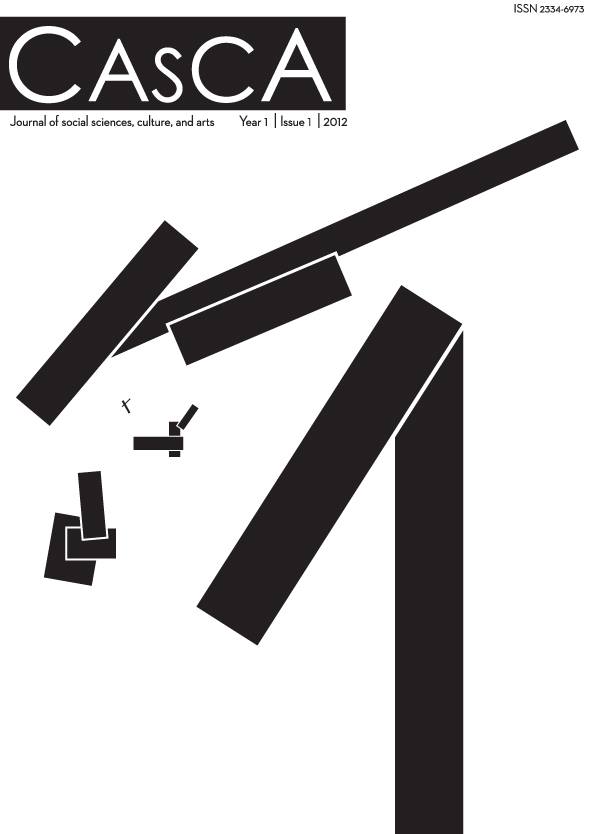Idealizovanje antičke Grčke klasičnog perioda kao „kolevke evropske kulture“. Stara Grčka kao univerzalni uzor za stvaranje modernih evropskih nacija
The Idealization of the Classical Period as the “Cradle of the European Culture”. Ancient Greece as the universal model for establishing modern European nations
Author(s): Kristijan ObšustSubject(s): Social Sciences, Archaeology, Political history, Social history, Ancient World, Modern Age, Recent History (1900 till today)
Published by: Centar za alternativno društveno i kulturno delovanje
Keywords: construction of collective identities; ancient Greece; classical antiquite; antiquity; national imagination
Summary/Abstract: The paper is conceptually intervening in numerous issues on the subject of Greek Classical antiquity as inspiration, but, regardless of apparent digressions and its broader volume of comprehended themes, it is, above all, based on studying those issues which are focused on reviewing the significance of Classical antiquity for the establishment of modern national identities, as well as on general consequences of such processes. The paper is analyzing individual aspects of issues concerning the 19th century’s perception of Ancient Greece, resp. the significance of Greek Classical antiquity as inspiration in general, as well as the social and political importance of such understanding at that time. It accentuates distinguished aspects of the establishment of the modern Greek identity which has been induced as the awareness of the ancient past and has been initially “injected” to the Greek population of the 19th century by West-European societies. Analyzed themes concern determination towards the East, which is essential for understanding the processes regarding the establishment of a collective identity of the Ancient Greeks, whereby the attributes of copying such patterns in the context of the 19th century have also been accentuated. Comprehending a broad diapason of issues was inevitable to review distinguished aspects of the analyzed themes in a broader social context.
Journal: CASCA, časopis za društvene nauke, kulturu i umetnost
- Issue Year: 1/2012
- Issue No: 1
- Page Range: 76-95
- Page Count: 20
- Language: Serbian

